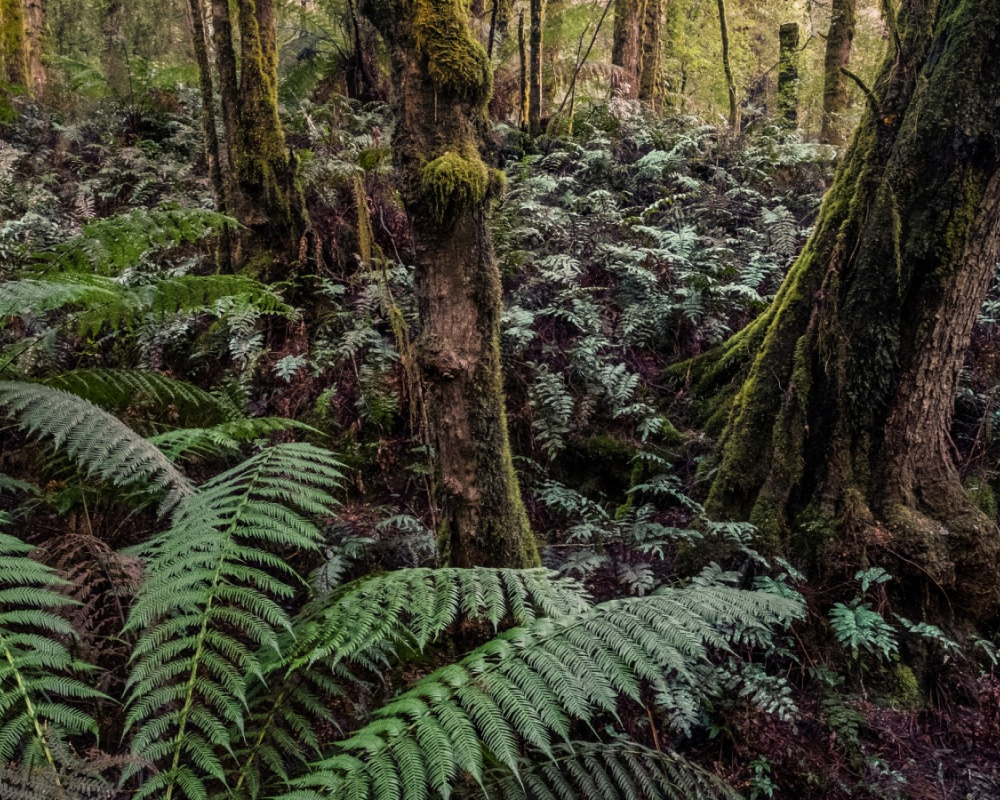When people hear about logging, many might view it as a symbol of environmental destruction. Large-scale deforestation can indeed lead to the disappearance of forests, ecological disruption, and climate change. There is a common misconception that artificial forests, or economic plantations, are synonymous with large-scale tree cutting and thus harmful to forest ecosystems.
However, sustainable management practices can ensure tree health and environmental protection.
Economic plantations and conservation-focused natural forests must be addressed separately. Our daily lives inevitably rely on wood, paper, and energy, all of which depend on economic plantations. While we cannot ignore the role of economic plantations, it is essential to manage them sustainably to ensure that economic benefits do not come at the expense of irreversible environmental damage.

Economic plantations are large-scale tree farms established to produce commercially valuable forest products, such as timber, paper, biofuels, or other industrial materials. Beyond their economic value, proper management of these plantations can maintain ecosystem stability and strike a balance between economic and ecological needs. This approach can satisfy human demands while safeguarding the planet's ecological balance.
At Bestwood, our goal has always been to achieve sustainable development while emphasizing respect for the environment. We are dedicated to exploring how wood can be utilized in ways that showcase nature's beauty and promote sustainable forestry. By doing so, we aim to ensure that future generations can continue to benefit from forest resources, guiding us towards a more sustainable and harmonious future.
4o mini

